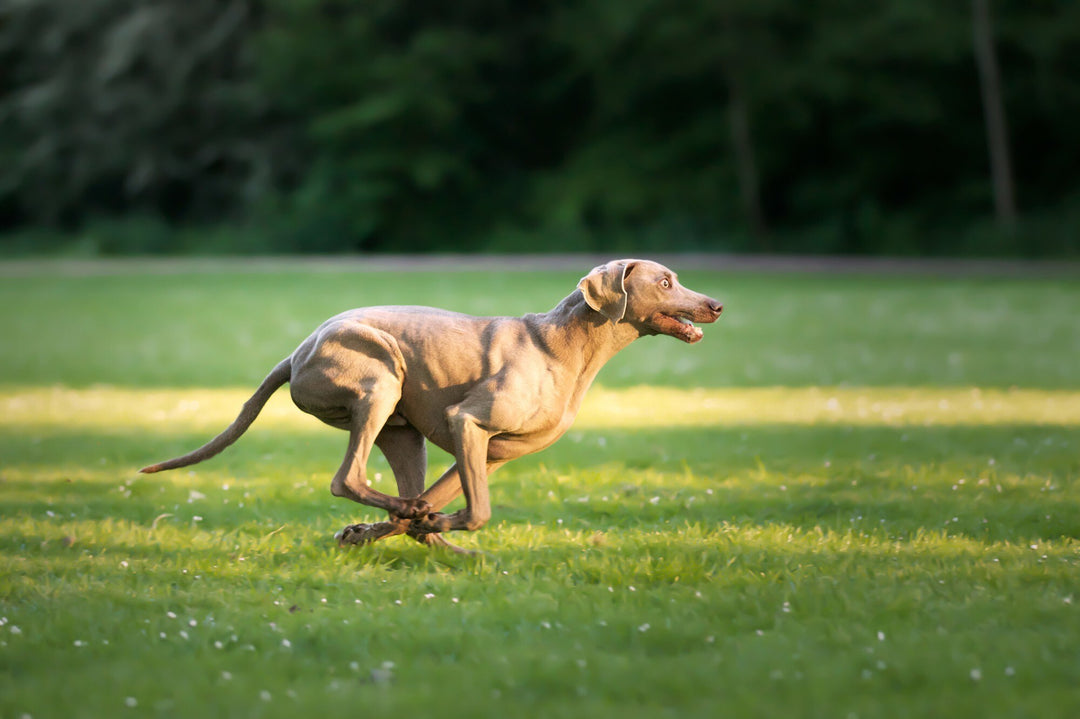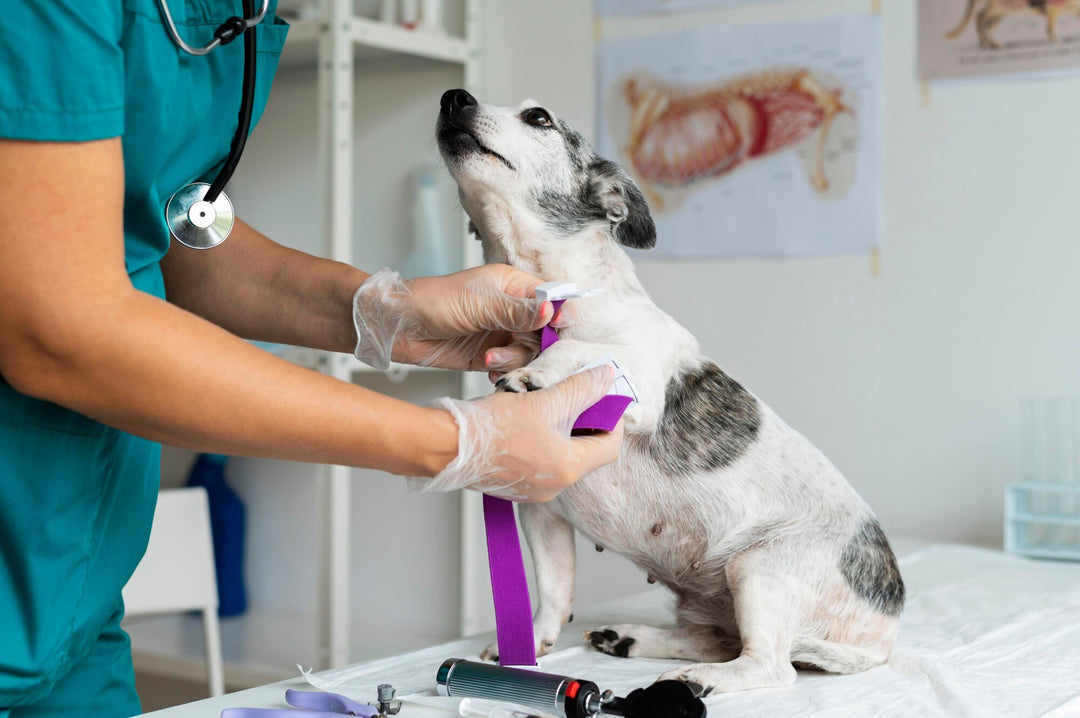Advice validated by vets
Offrez une alimentation équilibrée
Choisissez un régime adapté à l'âge, à la taille et aux besoins de votre chien (croissance, activité, etc.). Après une inscription sur Zoopawtner vous pouvez bénéficier de conseils gratuit grâce à la collaboration avec nos vétérinaires certifiés via le chat qui vous sera suggéré. Optez pour une nourriture de qualité contenant les nutriments essentiels. Évitez les restes de table et les aliments toxiques tels que le chocolat, les raisins et les oignons. Une alimentation saine aide à prévenir les problèmes de santé à long terme.


Hydratez correctement votre chien
Fournissez toujours de l'eau propre et fraîche dans un bol accessible. Lors des journées chaudes ou après un exercice intense, augmentez l'apport en eau de votre chien pour prévenir la déshydratation. Surveillez les signes de soif excessive ou de léthargie, qui pourraient indiquer un problème de santé. N'oubliez pas d'emporter de l'eau avec vous lors de longues promenades ou sorties grâce à la bouteille portable pour chien. Une bonne hydratation est essentielle au fonctionnement des organes et au bien-être général.
Exercice régulier
Les promenades quotidiennes sont essentielles pour la santé physique et mentale de votre chien. Variez les activités pour le stimuler, comme les jeux de balle, les séances d'entraînement ou les promenades. Adaptez l'intensité à son âge et à sa race : un chiot ou un chien âgé n'aura pas les mêmes besoins qu'un chien actif. Un exercice insuffisant peut entraîner l'obésité ou des problèmes de comportement. Assurez-vous également de donner à votre chien des périodes de repos après l'exercice.


Toilette et hygiène
Brossez régulièrement votre chien pour enlever les poils morts et prévenir les parasites tels que les puces. Nettoyez ses oreilles avec un produit adapté pour éviter les infections, et vérifiez ses yeux pour enlever les sécrétions. Coupez ses griffes si elles deviennent trop longues afin d'éviter tout inconfort ou blessure. Donnez-lui un bain seulement lorsque c'est nécessaire pour préserver les huiles naturelles de son pelage. Un toilettage régulier permet également de détecter tout problème de peau ou toute blessure.
Vaccinations et vermifuges
Suivez le calendrier de vaccination recommandé par votre vétérinaire pour protéger votre chien contre les maladies graves. Utilisez un vermifuge adapté tous les 3 à 6 mois pour prévenir les infestations parasitaires. Incluez également des traitements antiparasitaires externes (puces, tiques) selon la saison ou les risques locaux. Une prévention régulière évite des complications coûteuses et protège la santé de votre animal et de votre famille.




